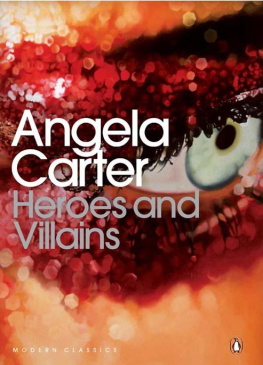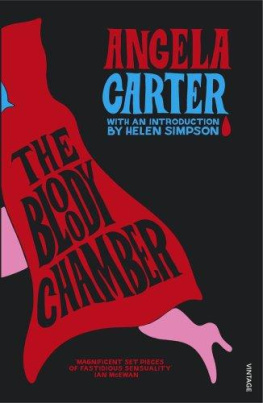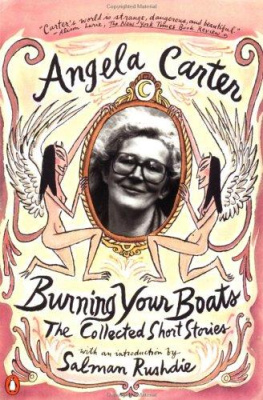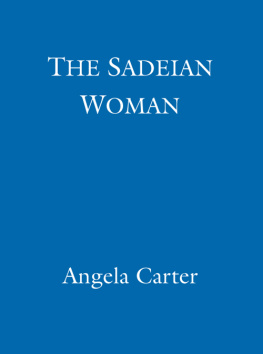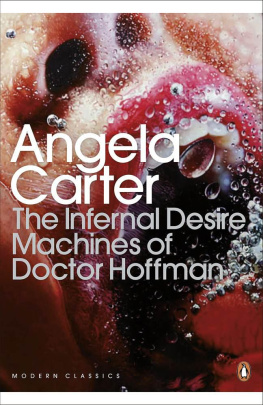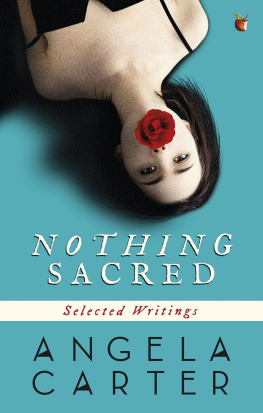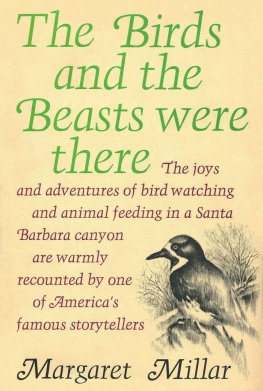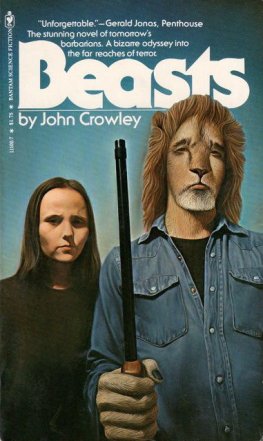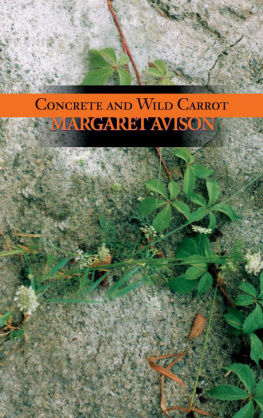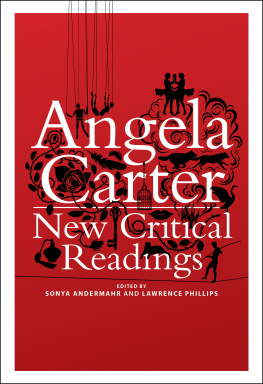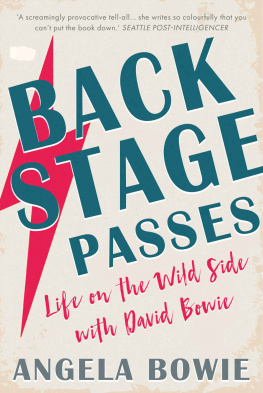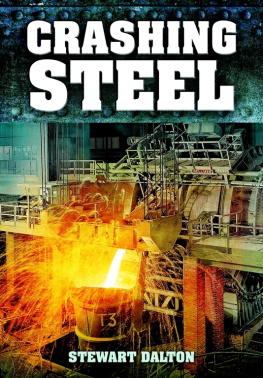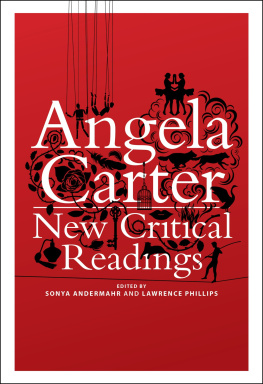Angela Carter - Heroes and Villains
Here you can read online Angela Carter - Heroes and Villains full text of the book (entire story) in english for free. Download pdf and epub, get meaning, cover and reviews about this ebook. year: 2011, publisher: Penguin Classics, genre: Art. Description of the work, (preface) as well as reviews are available. Best literature library LitArk.com created for fans of good reading and offers a wide selection of genres:
Romance novel
Science fiction
Adventure
Detective
Science
History
Home and family
Prose
Art
Politics
Computer
Non-fiction
Religion
Business
Children
Humor
Choose a favorite category and find really read worthwhile books. Enjoy immersion in the world of imagination, feel the emotions of the characters or learn something new for yourself, make an fascinating discovery.
- Book:Heroes and Villains
- Author:
- Publisher:Penguin Classics
- Genre:
- Year:2011
- Rating:4 / 5
- Favourites:Add to favourites
- Your mark:
- 80
- 1
- 2
- 3
- 4
- 5
Heroes and Villains: summary, description and annotation
We offer to read an annotation, description, summary or preface (depends on what the author of the book "Heroes and Villains" wrote himself). If you haven't found the necessary information about the book — write in the comments, we will try to find it.
Heroes and Villains — read online for free the complete book (whole text) full work
Below is the text of the book, divided by pages. System saving the place of the last page read, allows you to conveniently read the book "Heroes and Villains" online for free, without having to search again every time where you left off. Put a bookmark, and you can go to the page where you finished reading at any time.
Font size:
Interval:
Bookmark:
PENGUIN MODERN CLASSICS
Heroes and Villains
Angela Carter was born in Eastbourne in 1940 and later evacuated to live with her grandmother in Yorkshire. She studied English at Bristol University and published the first of her nine novels, Shadow Dance, in 1966. After escaping an early marriage, she used the proceeds of a Somerset Maugham Award to enable her to live in Japan for two years, a transforming experience. Her final novel, Wise Children, was published in 1991, a year before her death from lung cancer at the age of fifty-one. In an obituary from the Observer, Margaret Atwood wrote that She was the opposite of parochial She relished life and language hugely, and revelled in the universe.
Perhaps best known for her last two novels, Nights at the Circus and Wise Children, Carter was much admired for her works exuberant mix of fantasy, philosophy, science fiction and satire. Heroes and Villains, published in 1969, is her fourth novel.
Both The Fairy Tales of Charles Perrault and The Infernal Desire Machines of Doctor Hoffman are also published in Penguin Modern Classics
Robert Coover is the author of some twenty books of fiction and plays, his most recent being Noir and A Child Again. He has been nominated for the National Book Award and awarded numerous prizes and fellowships, including the William Faulkner Award, the Rea Lifetime Achievement Award for the Short Story, and a Lannan Foundation Literary Fellowship. His plays have been produced in New York, Los Angeles, Paris, London and elsewhere. At Brown University, he teaches Cave Writing (a writing workshop in immersive virtual reality), and other experimental electronic writing and mixed media workshops, and directs the International Writers Project, a freedom-to-write programme.
ANGELA CARTER
Introduction by ROBERT COOVER

PENGUIN BOOKS
PENGUIN CLASSICS
Published by the Penguin Group
Penguin Books Ltd, 80 Strand, London WC2R 0RL , England
Penguin Group (USA) Inc., 375 Hudson Street, New York, New York 10014, USA
Penguin Group (Canada), 90 Eglinton Avenue East, Suite 700, Toronto, Ontario, Canada M4P 2Y3
(a division of Pearson Penguin Canada Inc.)
Penguin Ireland, 25 St Stephens Green, Dublin 2, Ireland (a division of Penguin Books Ltd)
Penguin Group (Australia), 250 Camberwell Road, Camberwell, Victoria 3124, Australia
(a division of Pearson Australia Group Pty Ltd)
Penguin Books India Pvt Ltd, 11 Community Centre, Panchsheel Park, New Delhi 110 017, India
Penguin Group (NZ), 67 Apollo Drive, Rosedale, North Shore 0632, New Zealand
(a division of Pearson New Zealand Ltd)
Penguin Books (South Africa) (Pty) Ltd, 24 Sturdee Avenue, Rosebank, Johannesburg 2196, South Africa
Penguin Books Ltd, Registered Offices: 80 Strand, London WC2R 0RL , England
www.penguin.com
First published in Great Britain by William Heinemann Ltd 1969
First published in the United States of America by Simon & Schuster, Inc. 1969
Published in Penguin Books 1981
Published in Penguin Classics 2011
Copyright Angela Carter, 1969
Introduction copyright Robert Coover, 2011
All rights reserved
The moral right of the author and introducer has been asserted
Except in the United States of America, this book is sold subject to the condition that it shall not, by way of trade or otherwise, be lent, re-sold, hired out, or otherwise circulated without the publishers prior consent in any form of binding or cover other than that in which it is published and without a similar condition including this condition being imposed on the subsequent purchaser
ISBN: 9780141968377
Like so many fairytale heroes before her, this tales protagonist must leave home and set forth upon a perilous journey of self-discovery. After the axe murder of her beloved Professorial father, Marianne chops off her golden plaits, burns her fathers books, drowns his clock in the swamp, flees her protective white tower and, in the company of her brothers killer, ventures into the dark and mysterious forest beyond the fringes of her known world. She loved nobody in this place but beyond it lay the end of all known things and certain desolation. A fearsome prospect, but she is not afraid. If her savage companion claps his hand over her mouth, she bites it. Her ruling passion was always anger rather than fear. This is a girl who is bored with the impotent intellectual life of the Professors, hates their community festivals and rituals, including marriage, and disdains their self-referential language a severe child who wont play the games of others, upending the little boy who, in his somewhat nasty innocence, only wants to play the hero, leaving him yowling in the dust. The boy calls her a Barbarian and a villain, and she becomes one.
In similar fashion, the author, Angela Carter, is here, in her breakthrough fourth novel published at the end of the turbulent 1960s, launching forth upon her own voyage of discovery, leaving behind the homey formulae of conventional British fiction and plunging into the dark entanglement, out at the edge, of cruel tales, tales of wonder, tales of terror, fabulous narratives that deal directly with the imagery of the unconscious. After being labelled by reviewers a Gothic writer for books she thought of as mostly mainstream naturalism, she decided, as she wrote in 1975, that she would indeed write a Gothic novel, a truly Gothic novel full of dread and glamour and passion. About this time, I began to read the surrealists and felt an increasing sense of justification, and what I wrote was a kind of pastiche Gothic novel called Heroes and Villains (after a current Beach Boys number), in which I used the framework to examine some intellectual problems about politics which were beginning to exercise me. Using an absolutely non-naturalistic formula gave me a wonderful sense of freedom.
Like Marianne locked up in her safe but stifling steel-and-concrete tower, Carter felt penned in by the prevailing literary ideology So many celebrations of the status quo, as she called the novels of her time, mere etiquette manuals opting instead for de Sades definition of art as the perpetual immoral subversion of the established order. Writing, she believed, retained a singular moral function that of provoking unease. Opposing naturalism as a deeply politically repressive propagator of dead forms and deceptive half-truths, she chose the Gothic mode, with its holocausts, its stereotyped characterization, its ghosts, its concentration on inner life, its rhetorical and conventionalized prose style (all qualities present here in Heroes and Villains), because it can scarcely pretend to be an imitation of nature; so it cannot disseminate false knowledge of the world.
In Heroes and Villains, the world has been devastated by a nuclear holocaust and human society has regressed to something resembling medieval Britain. Its isolated fortified villages, with their hereditary castes of Professors, Soldiers and Workers, are surrounded by dense overgrown forests inhabited by wild animals, who escaped from the pre-war zoos, and illiterate gypsy-like Barbarians, who live by pillage and scavenging, with subhuman mutants Out People skulking zombie-like at the edges of the contaminated ruined cities. To save her Barbarian husbands life, Marianne has to kill one of these creatures, but feels neither shame nor horror, only a release from boredom and, with it, a certain sense of well-being. Marianne is a strong-willed and independent young woman, unfazed by rape or savagery, fearing only the loss of her own autonomy, a prototype of other plucky Carter heroines to follow. Even as a child, when told that the Barbarians were cannibals who wrap little girls in clay bake them in the fire and gobble them up with salt, Marianne knows herself to be too tough to be eaten.
Next pageFont size:
Interval:
Bookmark:
Similar books «Heroes and Villains»
Look at similar books to Heroes and Villains. We have selected literature similar in name and meaning in the hope of providing readers with more options to find new, interesting, not yet read works.
Discussion, reviews of the book Heroes and Villains and just readers' own opinions. Leave your comments, write what you think about the work, its meaning or the main characters. Specify what exactly you liked and what you didn't like, and why you think so.

